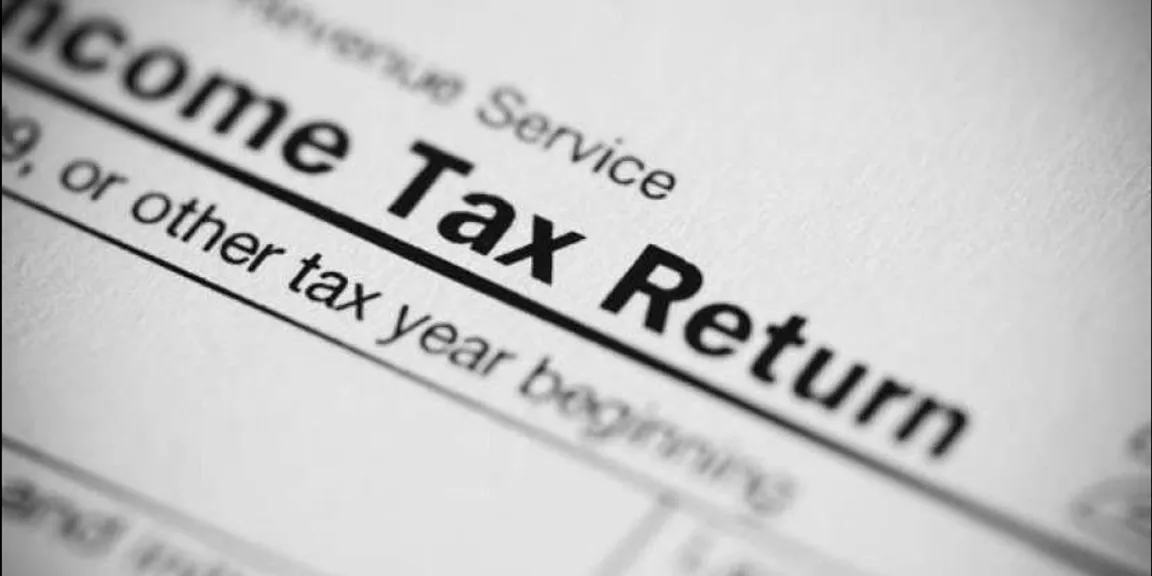

Benefits of filing ITR even if your income is below the taxable limit

Filing Income Tax Returns on time shows your responsibility towards the development and prosperity of the country. The government mandates that whoever earns a specified-amount of annual income must file a tax return within a pre-determined due date. The tax as calculated must be paid by the tax payer. And if someone fails to pay tax will be liable for penalties from the Income Tax Department.
Filing one’s income tax return (ITR) is a routine affair if one’s income is above the taxable limit. However, have you ever considered a situation where your income is below the taxable limit for the year? This single thought strikes the mind with various questions- e.g. Does one still need to file one’s income tax return? What would happen if someone (whose annual income is less than the minimum taxable amount) files ITR? Is this good. or may cause lots of problems?
To get all these answers, let us go through this post
While it is not mandatory to file Income Tax Returns if one’s income is below the exempted limit, yet can—and should—file a tax return for a non-taxable income as well. This has some excellent benefits, which have been discussed below.
1. Tax Refunds
Once if tax is deducted, any tax refund is facilitated only when your income tax return for that year is submitted correctly. So any TDS on rent payments for NRIs, or TDS deduction by banks on your fixed deposits will be refunded only once you file your Income Tax Returns and claim the desired tax deduction.
2. Loan Processing
Since your ITR is not just only a financial document but it also indicates your annual earnings, banks and NBFCs seek copies of your ITR when you approach in quest of a loan (car loan/ home loan/ personal loan etc.). Despite of having no taxable income Filing one’s Income Tax Returns increases one’s chances of getting a loan approved quickly in comparison to someone with the same earnings but no ITR filings.
3. Carry Forward Losses
If someone abstains from filing one's Income Tax Returns, he/she will not be able to carry forward capital losses (either short-term or long-term), if any, in a financial year to be adjusted against capital gains made in the subsequent years. So, filing your tax returns on time ensures you to enjoy benefits of carry forward losses up to 8 years.
4. Visa Processing
At times visa authorities ask / may ask for copies of past tax returns, hence, to apply for a visa, a tax return would be required to be filed. Embassies, especially those of US, UK, Canada or some other European High Commissions etc. when processing your foreign visa application, are particular about your tax-compliance. So, it helps you getting your visa quickly and smoothly.
4. Buying a High Life Cover
Life insurance companies, especially LIC, ask for ITR receipts these days if you wish to get a term policy with sum insured of ₹ 50 lakh or more. In order to verify one’s annual income these covers are available against one’s ITR documents mandatorily.
The insured sum (after its genuine maturity) one can get with a term cover depends on various factors, one of which is the income of the insured. If an insured does not have a very high salary, he/she doesn’t need a higher insurance cover.
5. Avoid Penalties
However, in the new sphere, now starting from AY 2018–19 (i.e. for the Financial Year 2017–18), if a person who is required to file Income Tax Return (ITR) doesn’t file return on time then he is liable to a certain penalty for certain income.
So, if one’s annual income exceeds the Tax exemption limitation, one will have to file one’s Tax Returns on time with a view to avoid any undesirable tax evading hassles.
6. Proof for Income and Tax Payment
Businessmen, self-employed, consultants and partners of firms do not get Form 16. In this situation, ITR receipts become an ultimate document for them, provided their annual income exceeds the basic exemption limit of ₹ 2.50 lakh. For all kinds of financial transactions, ITR receipts is considered to be the only authentic proof of income and tax payment for the self-employed.
What are the Income Tax Slabs for FY (Financial Year) 2018-19?
Knowing the various Income Tax Slabs for Financial Year 2018-19 would help you understand the Tax Exemption limitations.
Let us take a quick look at the chart below.
On the Basis of Age and Annual Income, Limitation for Tax Exemption has been classified in three major categories.
Sl. No. AGE Annual Income
1. Individuals and HUFs below 60 yrs. age Less than ₹ 2,50,000.00
2. Between 60 to 80 yrs. (Senior Citizens) Less than ₹ 3,00,000.00
3. Above 80 yrs. (Super Senior Citizens) Less than ₹ 5,00,000.00
So, now you know why is it so important to file your Income Tax Returns even if your income is below the Tax bracket. File your returns and avail the above-mentioned benefits.






